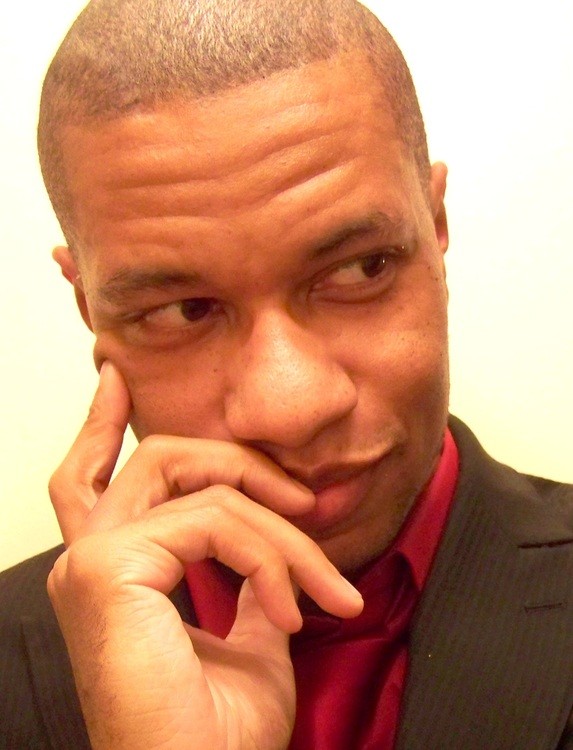We caught up with the brilliant and insightful Jerry Grimes a few weeks ago and have shared our conversation below.
Jerry, we’re thrilled to have you sharing your thoughts and lessons with our community. So, for folks who are at a stage in their life or career where they are trying to be more resilient, can you share where you get your resilience from?
My resilience is the product of an intersection of the lessons I learned from my parents and the type of life I envisioned for myself. My mother and father required me to read and produce a sizeable book report every week of every summer from the time I began third grade until I began high school. I initially resented the effort required to go to the library every week and produce a detailed report of its contents. However, my parents encouraged me to explore things of interest to me no matter how complex or unconventional. Eventually, what had been a weekly requirement to read became a daily desire to learn. My parents would amplify my book reports by taking me places where I could further explore the content I studied. I once read about counselors and therapists, who intervened in matters of self-harm to discover that my father had once been a counselor. He introduced me to several counselors, and he spoke with me candidly about the challenges that many people face that result in feelings of helplessness. Experiences such as these provided me with insights that would later help me in my career as a mentor and instructor. Preceding my work in the field of education was my work in the fields of entertainment and marketing. Even now, I am working to create a space for the organic merging of these seemingly disparate fields. I am driven by creating, not only a new way to do one thing or another but enabling others to create what they envision. Resilience has always been for me, the driving force behind and within innovation, or better yet, a belief that the best things that exist are those things that are yet to exist.
Let’s take a small detour – maybe you can share a bit about yourself before we dive back into some of the other questions we had for you?
I am a native North Carolinian, and specifically, an Eastern North Carolinian. This distinction is important because there existed, and still exist, certain intellectual, social, economic, and experiential barriers to human flourishing that characterize such rural areas. My grandmother and mother were lifelong educators and my grandfather and father were lifelong clergypersons. Yet, my parents encouraged my creativity and exploration of the arts. I was also beyond fortunate to have grown up in a culturally dynamic community that broadened my understanding of the world at a very young age. My extended family is from Bangkok, Thailand, and I was nurtured by the patience, insights, and guidance of my extended family. My two greatest interests as a young person, and to a certain degree even now, were comic books and films. I would graduate from Goldsboro High School in North Carolina and attend Saint Augustine’s College in Raleigh, North Carolina on an ROTC scholarship from the U.S. Army. My grandfather and father both served in the U.S. Armed Forces, and I suppose my acceptance of that scholarship had more to do with honoring their legacies than choosing my path. I would eventually forego my scholarship and work alongside filmmaker and film professor Ellen Shepard to become the first-ever film graduate from the newly formed Film Department at Saint Augustine’s College (now Saint Augustine’s University). I would parlay my training at Saint Augustine’s into further film studies at the University of North Carolina School of the Arts where I met then-burgeoning novelist Aaron P. Clark. These friendships led to the formal creation of a production company called CAVE Entertainment which produced several films including a critically-acclaimed independent release entitled Death of a Preacher. Death of a Preacher is a semi-autobiographical docudrama that explains how a mild-mannered kid from a small town became everything from an eccentric Hollywood producer to an outspoken clergyperson as comfortable on a street corner as he is in a sanctuary, The film was a part of the official selection of the Hollywood Underground Film Festival in 2002 and spawned a sequel and a book entitled Anger Anthem: A Brief and Impractical Guide to Girls, Guns, God, Grace and Other Guttural Matters in 2013. The book is an intentionally unedited series of unvarnished essays reflecting on my brief political career, life as a progressive clergyperson, my love of the arts, the complexities of relationships, and my unyielding love for comics. All of this led me into academia full-time where I spend the majority of my career teaching courses in history, religion, and philosophy. My current area of research involves a critical exploration of the first five years of the Reconstruction period in the American South with a focus on the politics of gender. My long-term goals include teaching, writing, and producing new films that experiment with the merger of animation and live-action storytelling.
Looking back, what do you think were the three qualities, skills, or areas of knowledge that were most impactful in your journey? What advice do you have for folks who are early in their journey in terms of how they can best develop or improve on these?
Long-term mentorship, critical reading, and a willingness to fail have all equipped me to achieve the things I have achieved. The accumulation of mentors who themselves are still being mentored is crucial. I have had mentors such as Dr. James Henry Harris and the late Dr. Katie Geneva Cannon, who not only augmented my abilities but invited me to share new ideas with them in an empowering way. Mentors who continue to be informed by their conversation partners tend to be the best advisors to their mentees. I am fortunate to currently be mentored by a renowned scholar in the field of Religious Studies. Reading with a focus on comparative analysis is indispensable for determining which information is most useful in doing something–especially in an age of information overload. Finally, the fear of failure is palpable for a reason. Failure, on any level, can be catastrophic, Repeated failure can discourage even the most ardent dreamer. The extent to which someone can grow comfortable with the often painful sting of failure will determine the extent to which they will succeed. I could fill up a googolplex of libraries with things I do not know, and I could exceed the limit of a terabyte hard drive with stories of how I failed. Yet, while filling up those libraries and exceeding that hard drive limit, I am learning more than ever while correcting past mistakes.
Okay, so before we go, is there anyone you’d like to shoutout for the role they’ve played in helping you develop the essential skills or overcome challenges along the way?
Aside from my parents, the esteemed scholar Yaakov S. Ariel, in numerous ways, has been the singularly most influential person in my entire life. His work in fields of religious history and missiology is prominent in its own right, but alongside his storied career as a scholar is an unassuming, permeating kindness unlike anything I have known. Not to denigrate any of the hundreds of academicians, leaders, and virtuosos I have met, but I have never met anyone who is simultaneously so accomplished while being so humble. I met Prof. Ariel As I resigned from a pastorate in south Chicago during the height of the pandemic and the riots of 2020; riots which were particularly destructive throughout Chicago. At a time when leaders in various fields experienced the twin tornadoes of vocational exhaustion and underappreciation, Prof. Ariel had a conversation that resulted in the reconstitution of my worldview and outlook on life. I was a first-time father of an infant daughter seeking to lead a congregation in an unprecedented time with a desire to live, work, and study in a context where I believed my life experiences and commitment to research would be most beneficial and appreciated. My friendship with Prof. Ariel, from our initial conversation, and every day since, continues to be a blessing.
Contact Info:
- Website: www.jerrygrimes.com
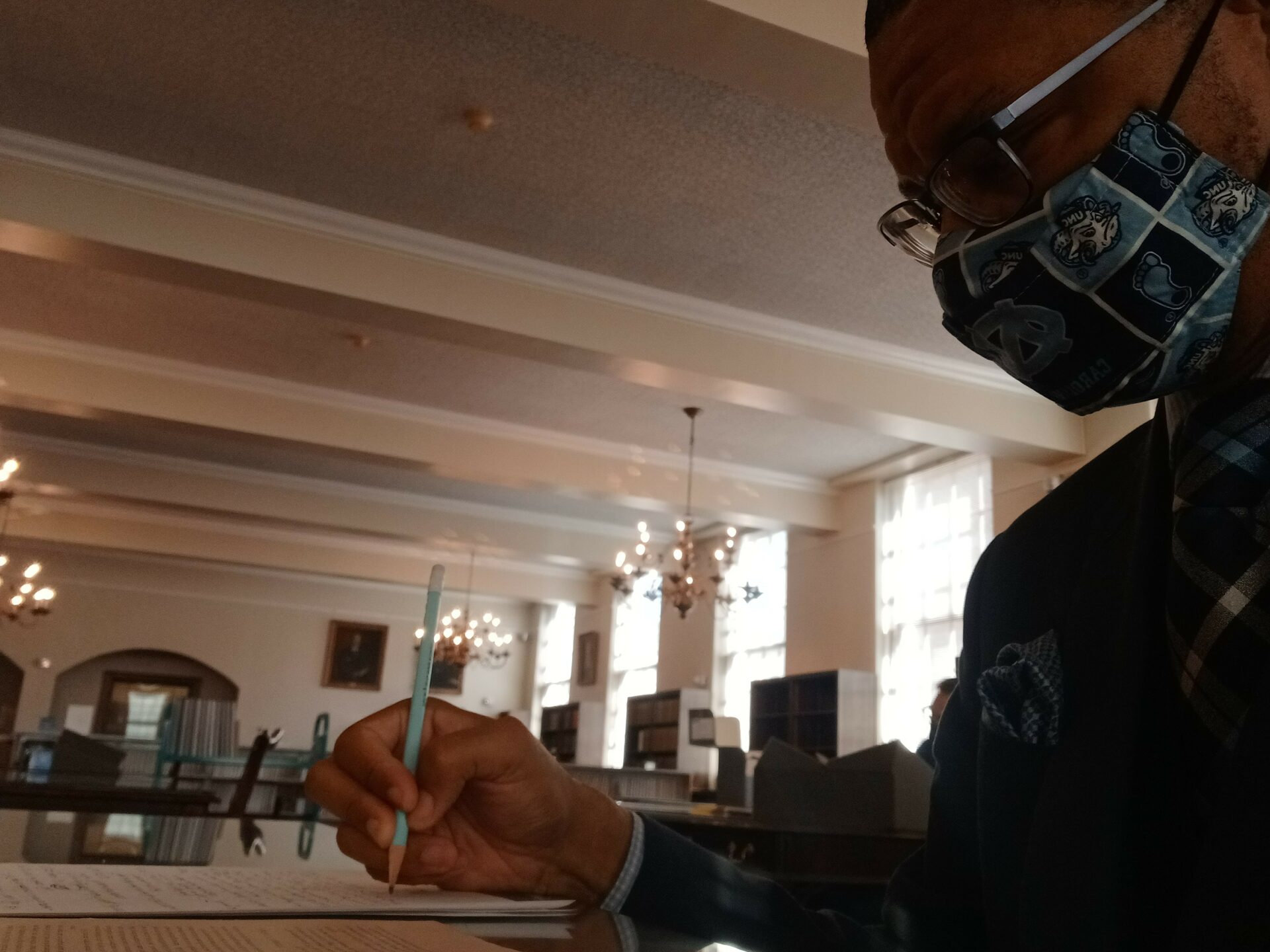
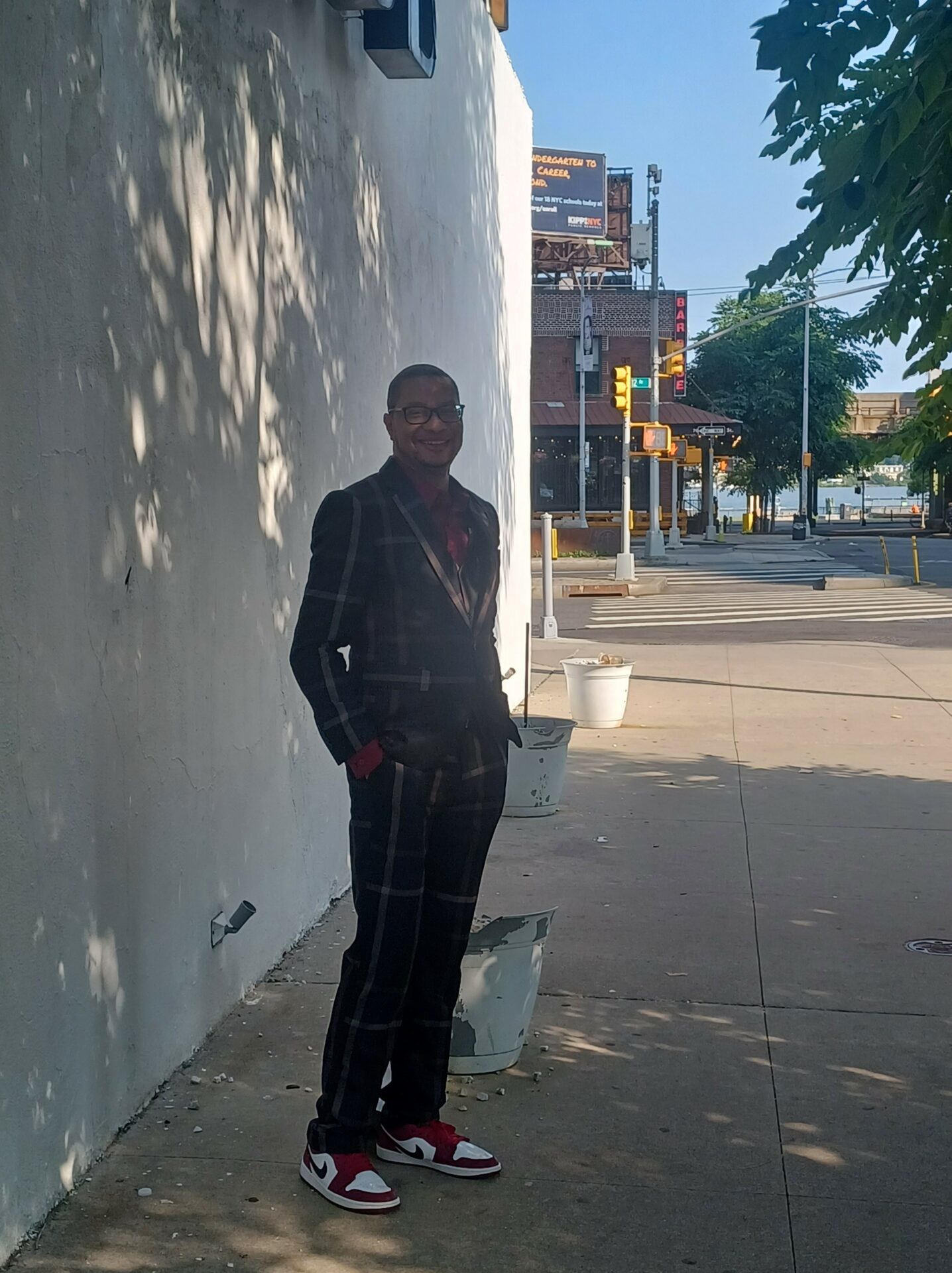
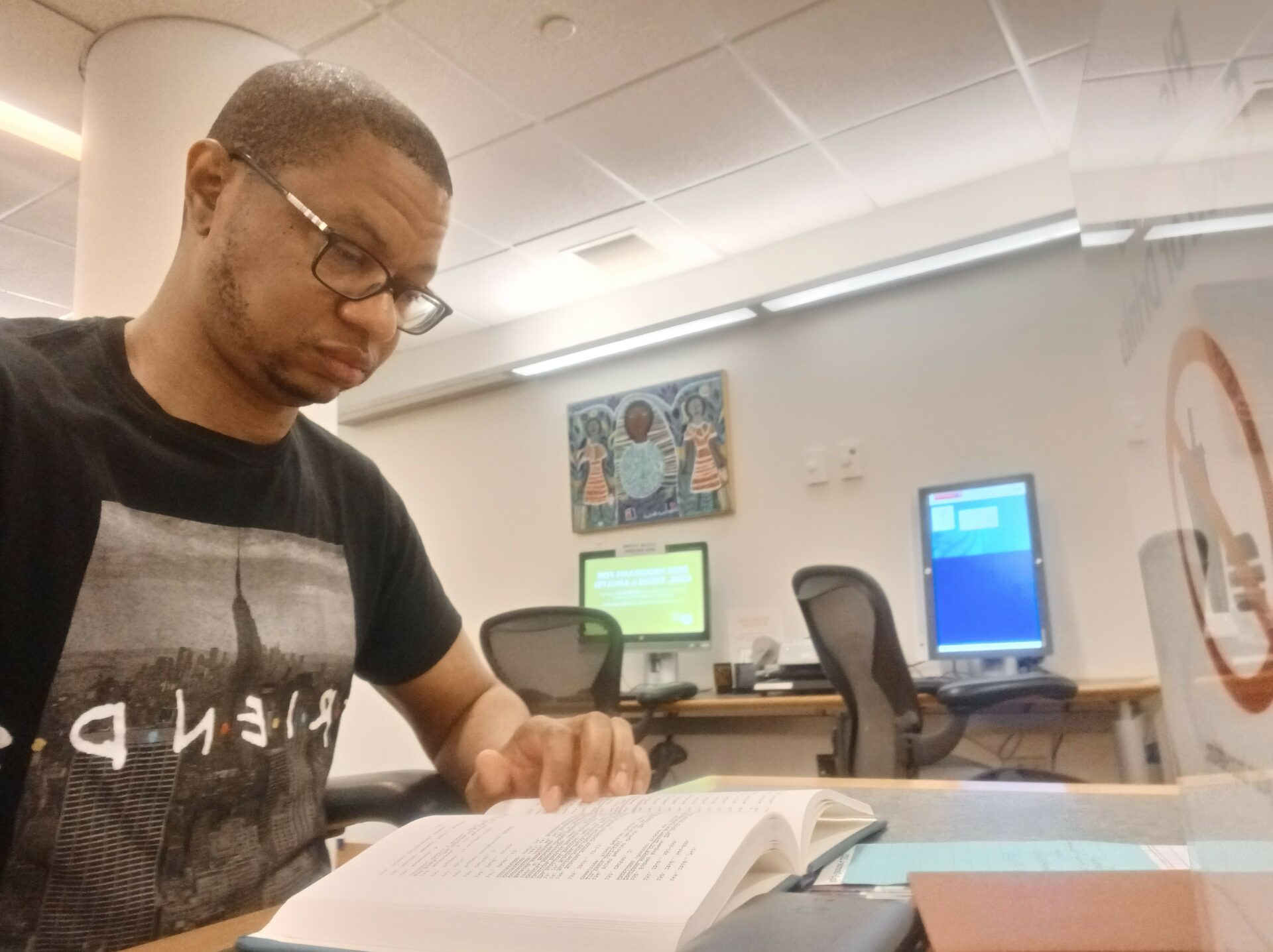
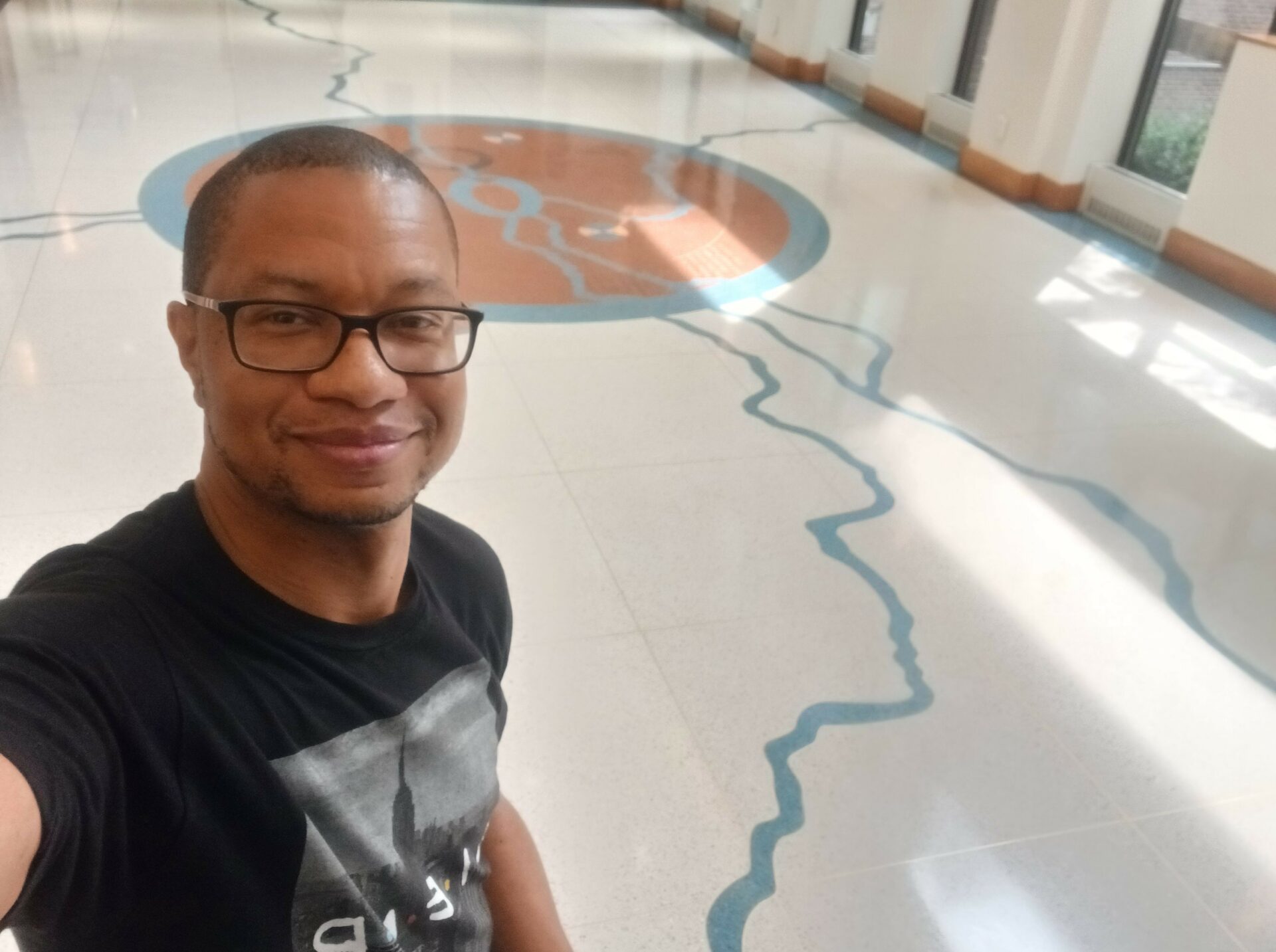
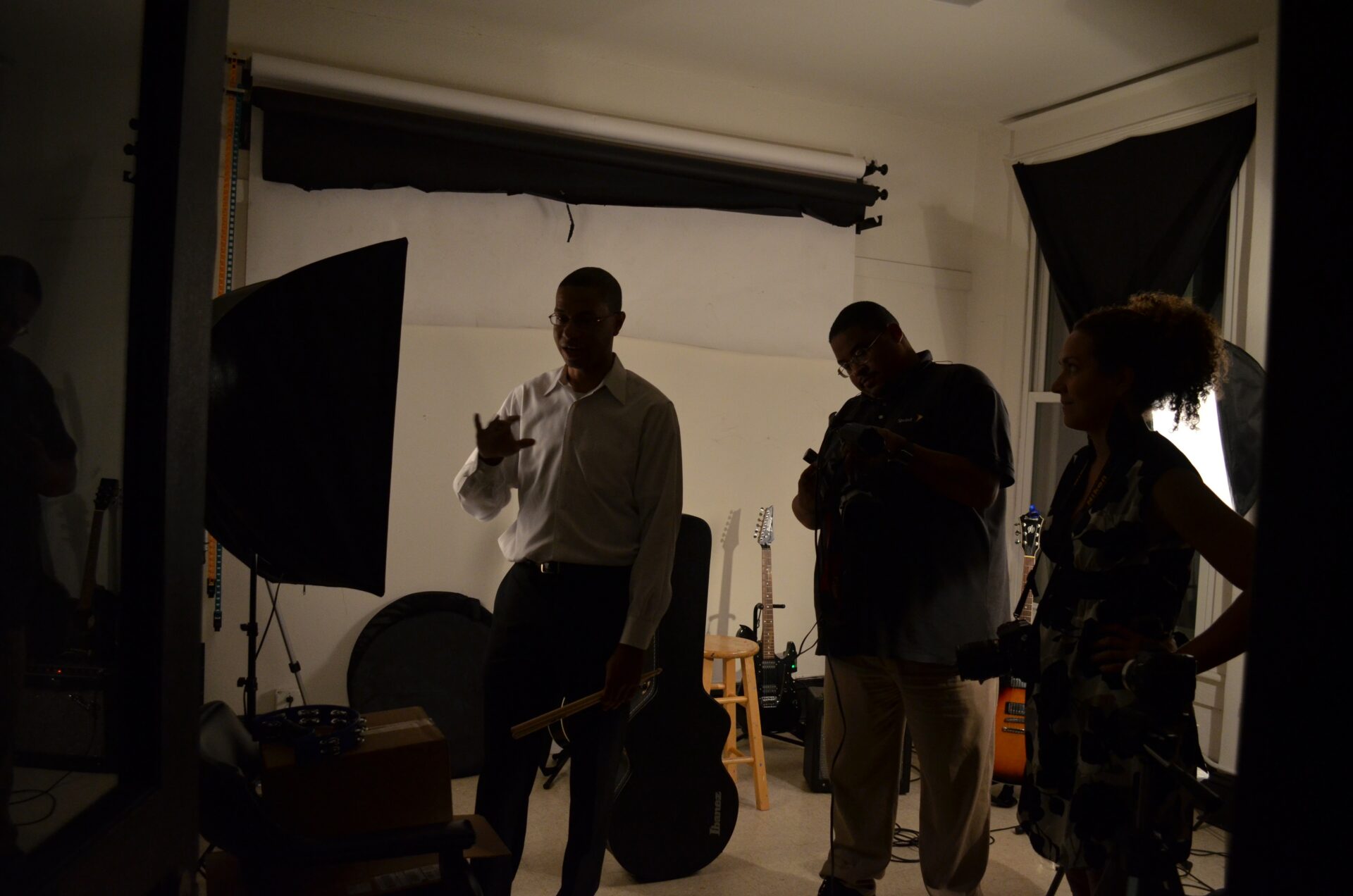
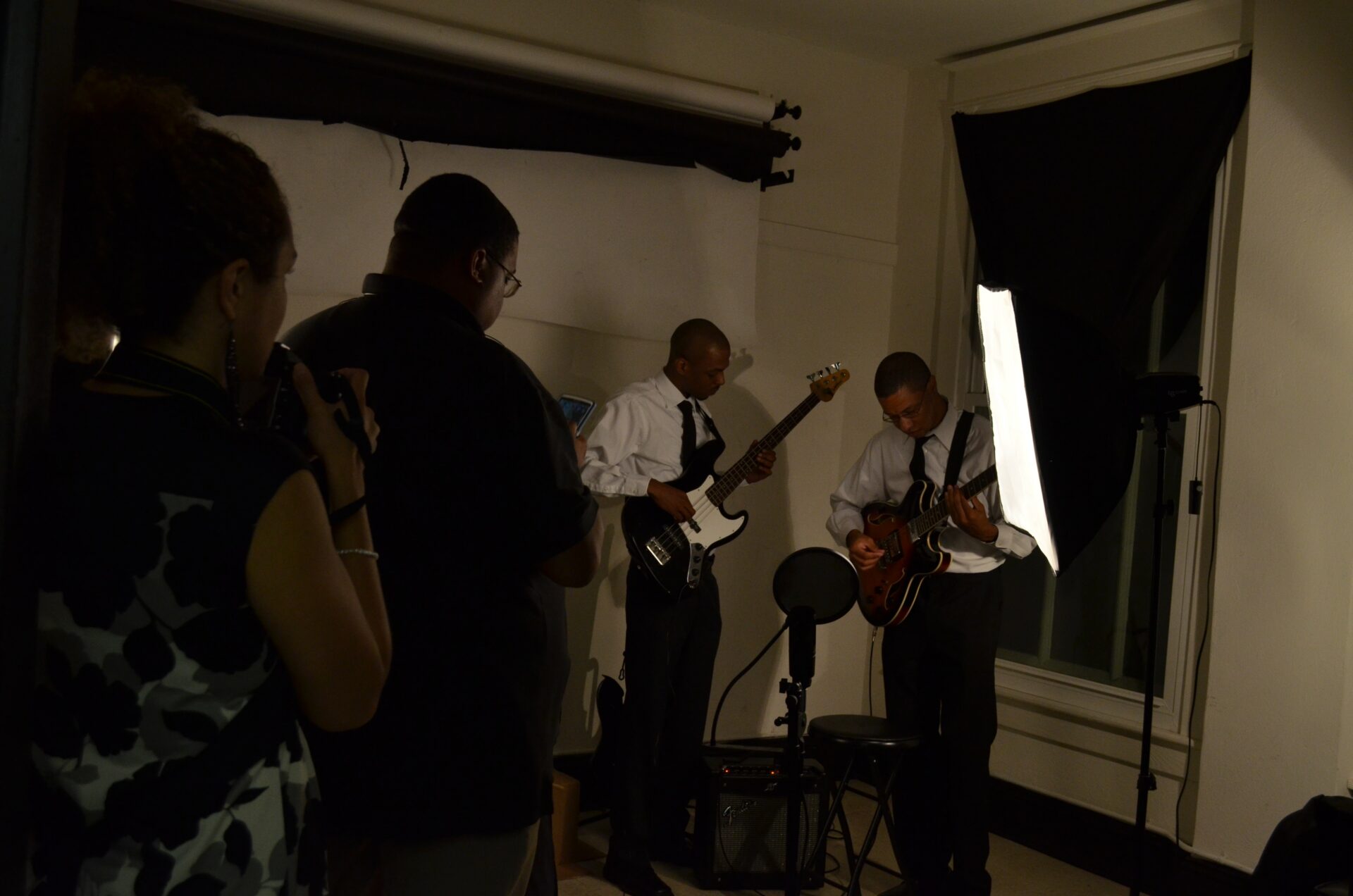
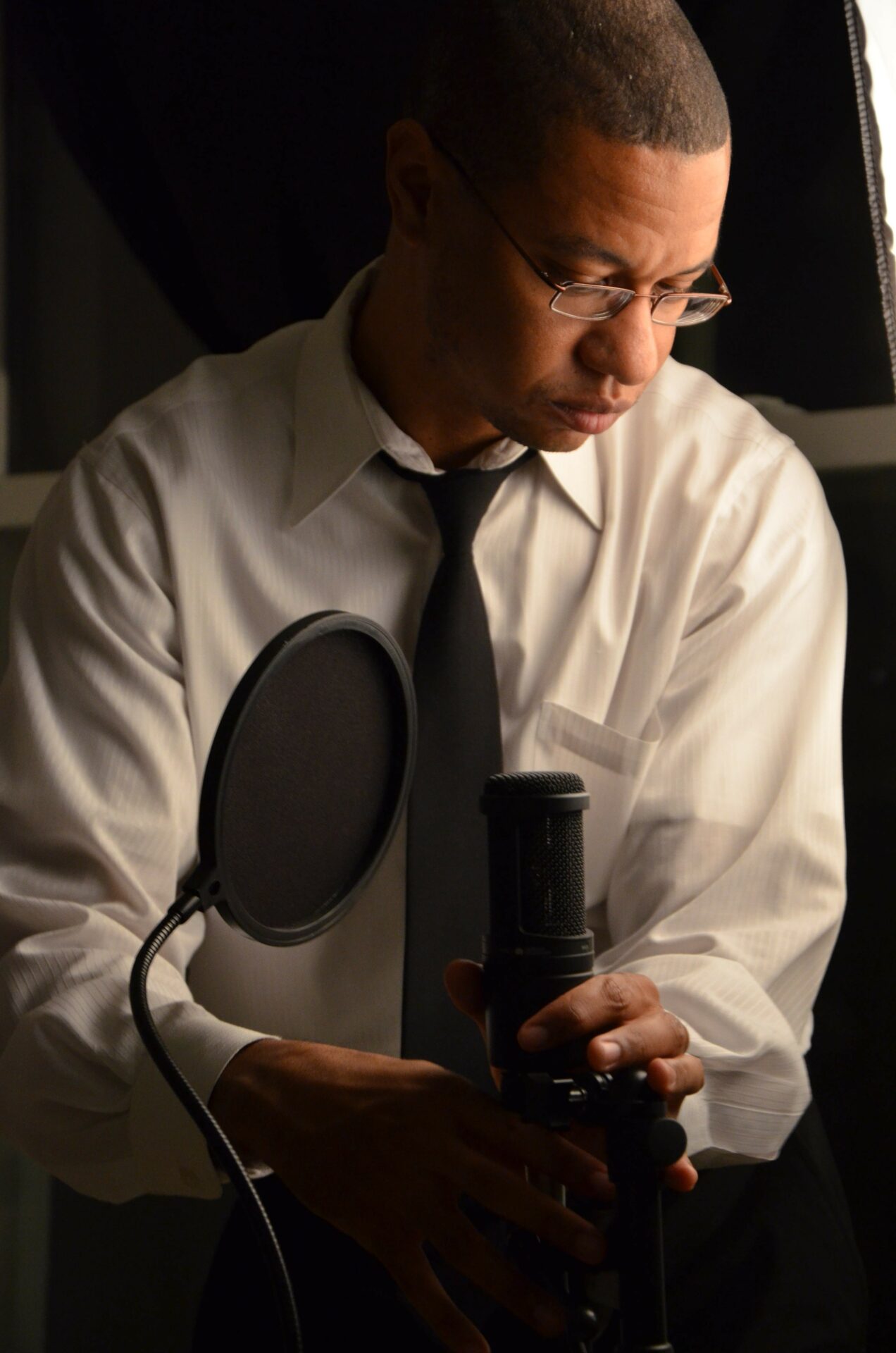
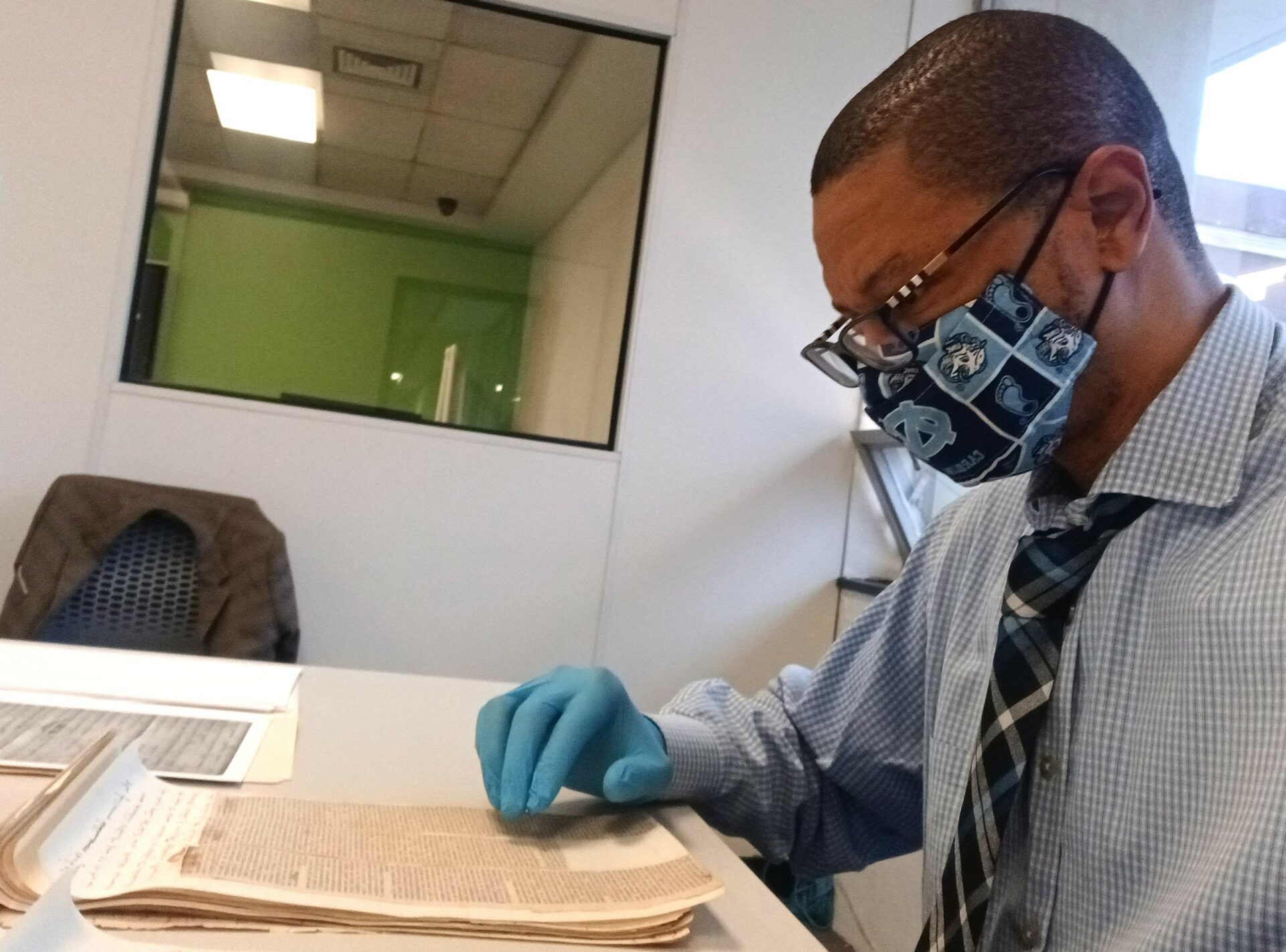
Image Credits
Jae Jacob for the first three photographs.

